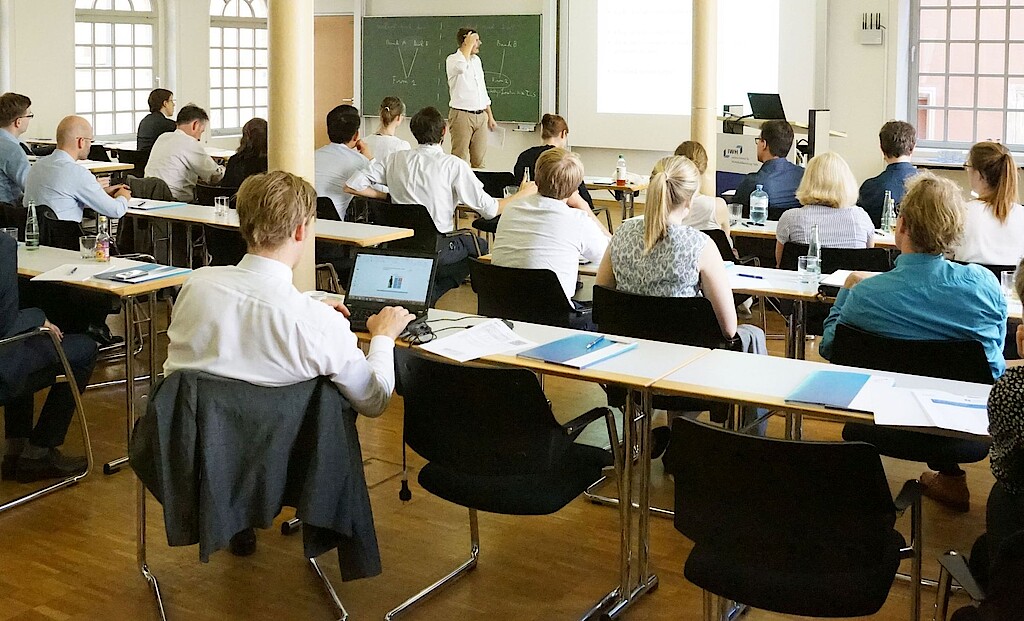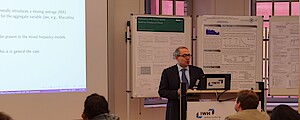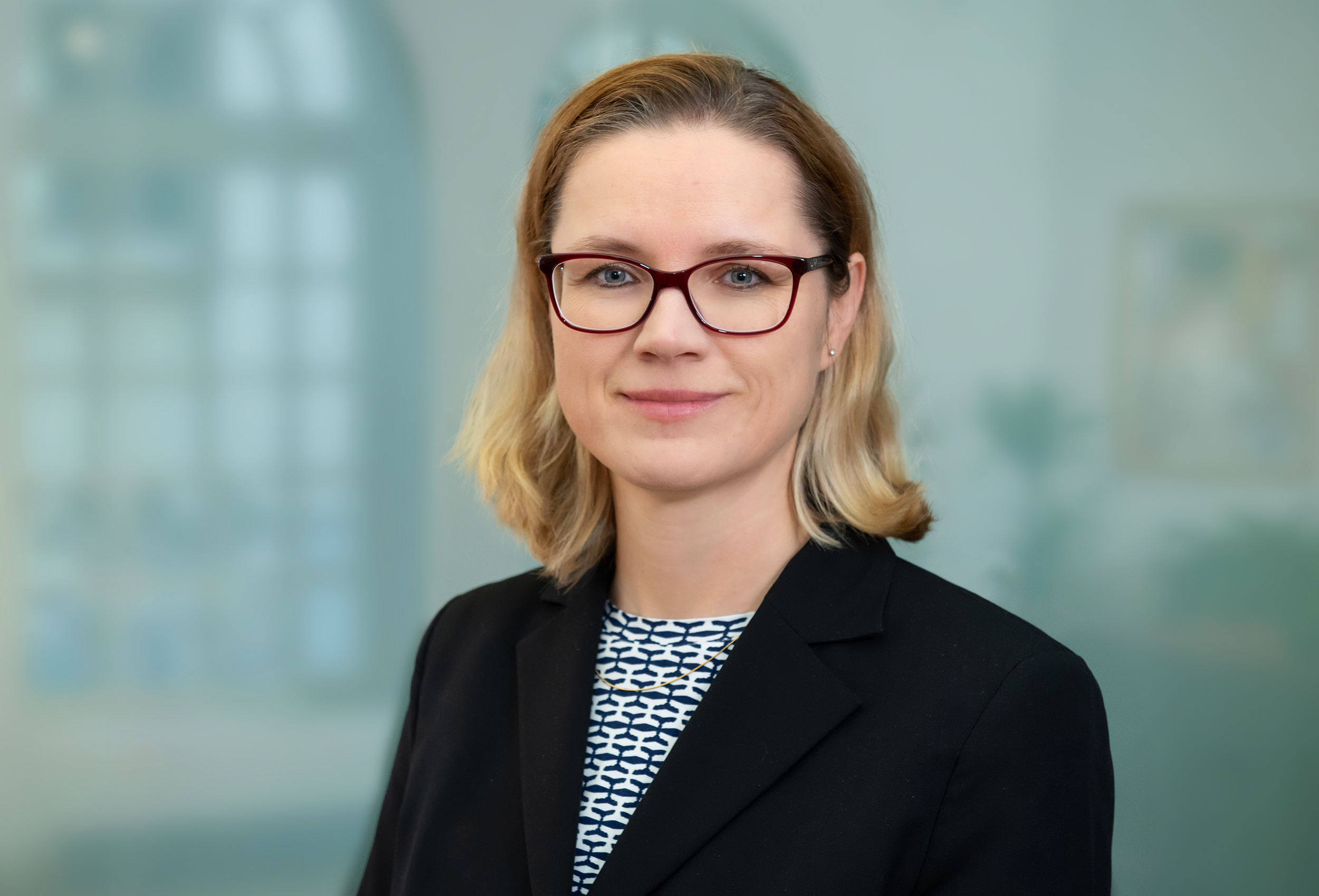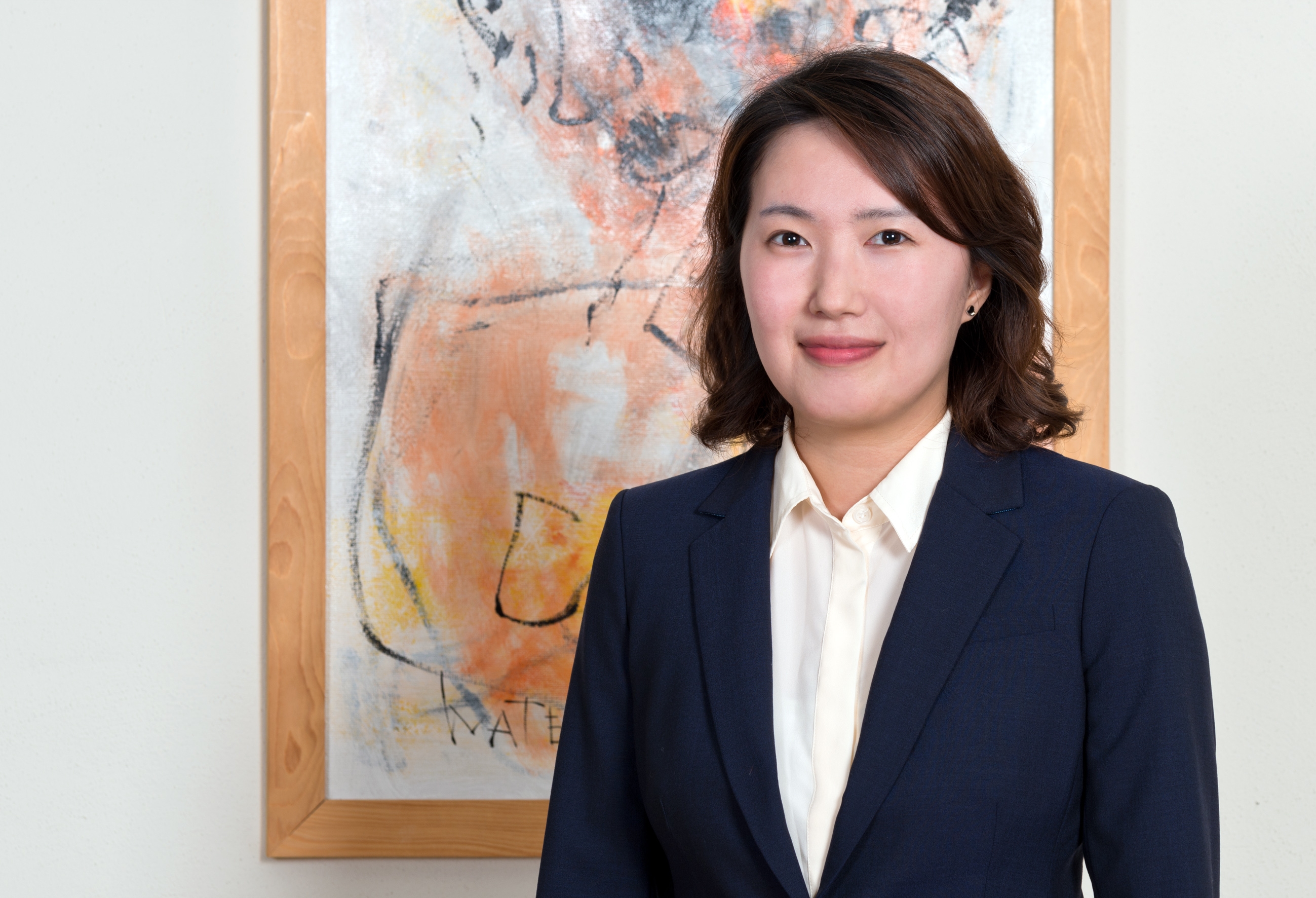
13
18th IWH-CIREQ-GW Macroeconometric Workshop: Mixed Frequency Data in Macroeconomics and Finance
The workshop provided a platform to discuss new developments in the field of empirical and applied macroeconomic modelling and aimed at bringing together academic researchers and practitioners.
Who
Where
The 18th IWH-CIREQ-GW Macroeconometric Workshop took place on December 12th and 13th 2017 at the Halle Institute for Economic Research (IWH). This year’s workshop was about „Mixed Frequency Data in Macroeconomics and Finance“. Researchers from around the globe presented cutting edge research regarding methods to combine data published at different periodicity.

(Photo: IWH)
The first keynote by John Rogers, PhD, senior adviser at the Federal Reserve, was on the identification of unexpected changes in monetary policy before the financial crisis and how research evolved afterwards. In the early 2000’s, it was common practice to identify monetary policy shocks relying on monthly data by using structural vector auto regression models. Rogers showed that those methods falsely identified monetary policy shocks associated with 9/11, even with daily data. He advocated the use of high frequency data by presenting further highlights of his new research. Therefore, new research should consider event studies using high frequency data to overcome some of the disadvantages of prior identification strategies.

The second keynote by Professor Massimiliano Marcellino,Bocconi University, introduced into estimation strategies of mixed data sampling models (MIDAS) with moving average (MA) components. He and his co-authors investigate the relevance of the inclusion of MA terms into MIDAS models. They first evaluate the forecasting performance of MIDAS models with MA components in Monte-Carlo studies. They further evaluate the performance by assessing forecasting errors using quarterly gross domestic product (GDP) data. They find that short-term forecasting performance is better with MA components. Potential gains depend on the persistency of the respective series as Professor Marcellino pointed out at the end of his talk.
The other presentations led to lively discussions within the sessions, poster sessions and during the coffee breaks. To mention only one, Stefan Neuwirth, PhD (KOF, ETH Zurich), proposed a new method to estimate VAR models with mixed frequency data without Bayesian methods. He and his co-author show that their model is able to predict economic variables as well as existing econometric approaches.
As in former years, poster sessions took place in addition to the presentations. One interesting research project by Josefine Quast from the University of Jena shows that foreign shocks are more important for stock markets in the Euro area and emerging economies compared to the U.S. market.
Information on Previous IWH Macroeconometric Workshops can be accessed here.
Whom to contact

Research Group Head
If you have any further questions please contact me.
+49 345 7753-836 Request per E-Mail
Research Group Head
If you have any further questions please contact me.
+49 345 7753-851 Request per E-Mail


